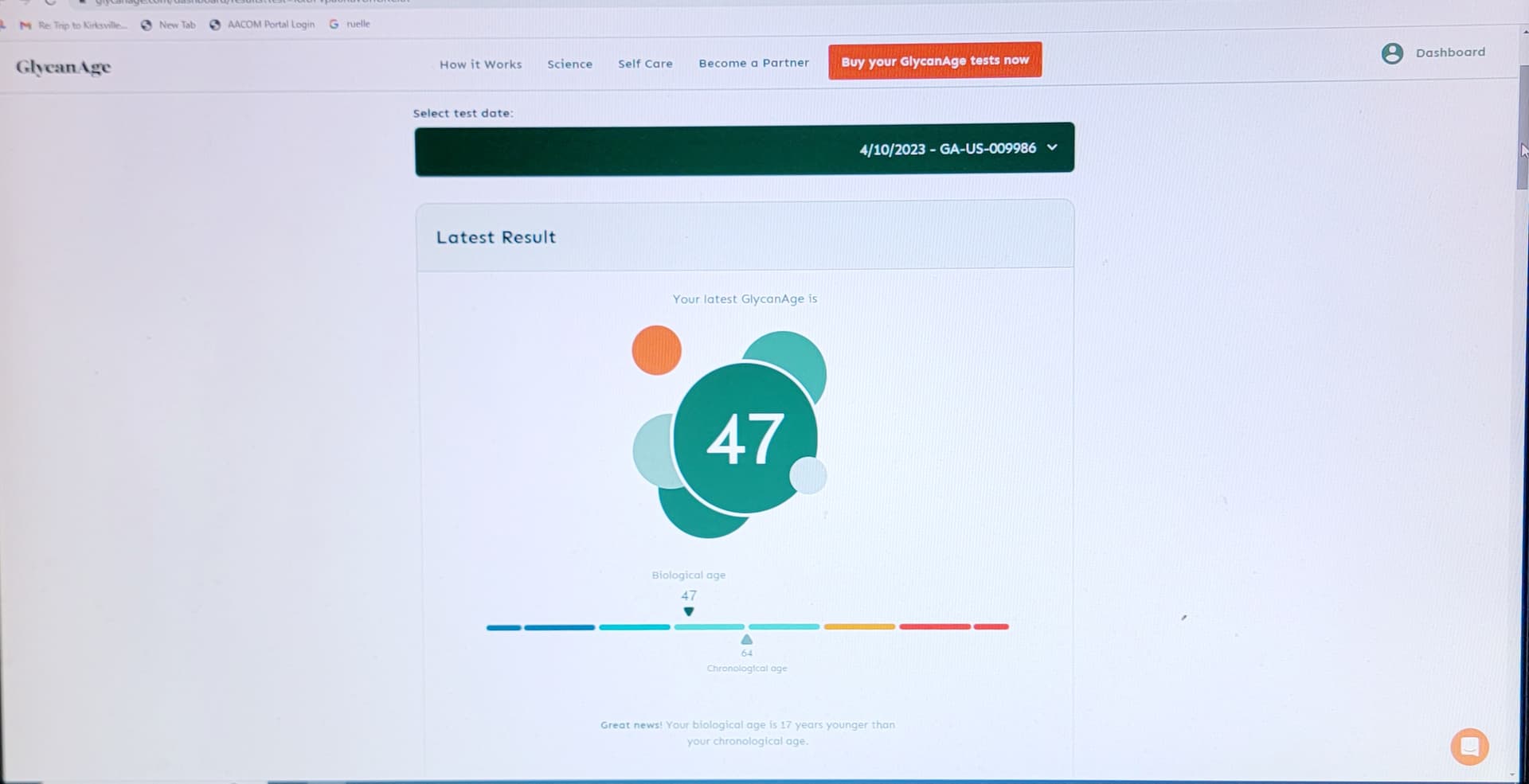I wonder how centenarians show up on epigenetic age Tests. Would they show up as the same age, younger or older due to their high incidence of age related disease? If their ages were older, I think it would call into question the validity of these types of tests. Is there any data available?
Uh younger simply bc changes in epigenetic aging decelerate over time. See Morgan Levine tweet
The reason why I was interested is that my son told me that when his teacher asked in class if anyone had a relative who lived over the age of 100, 33% of the class raised their hands. That’s a lot of centenarians here! (11,575 in one city to be exact!)
Among the elderly population aged 65 or above, the proportion aged 85 or over has risen from 5 per cent in 1981 to 16 per cent in 2021. This is expected to surpass 30 per cent by 2066, which means one in every three elderly people will be 85 or above.
Furthermore, the number of people aged 100 or above has increased from 289 in 1981 to 11,575 in 2021, which is an alarming rise over the past 40 years. The number of centenarians in Hong Kong is expected to continue increasing.
Coudl you share the tweet here?
A proxy for the rates of brain aging was obtained as the dif-
ference between molecular age and chronological age for each
brain, termed Δage (see Fig 1). We, thus, calculated Δage for each
brain as the difference between each individual data point and the
regression line in all cohorts. Consistent with a survivor effect, the
oldest subjects in CM (age > 60 yr) show a significant inverse re-
lationship between Δage and chronological age (Fig S1A), which is
not present in subjects younger than 60 yr (Fig S1B). This is con-
sistent with the reported prediction of all-cause mortality by
methylation-based transcriptional age in blood (Marioni et al, 2015).
Centenarians consistently present a younger epigenetic age than their chronological age with four epigenetic clocks based on a small number of CpG sites
(Oct 2022) Centenarians consistently present a younger epigenetic age than their chronological age with four epigenetic clocks based on a small number of CpG sites | Aging
Aging is a progressive time-dependent biological process affecting differentially individuals, who can sometimes present exceptional longevity. Epigenetic alterations are one of the hallmarks of aging, which comprise the epigenetic drift and clock at DNA methylation level. In the present study, we estimated the DNA methylation-based age (DNAmage) using four epigenetic clocks based on a small number of CpGs in French centenarians and semi-supercentenarians (CSSC, n=214) as well as nonagenarians’ and centenarians’ offspring (NCO, n=143) compared to individuals from the French general population (CG, n=149). DNA methylation analysis of the nine CpGs included in the epigenetic clocks showed high correlation with chronological age (-0.66>R>0.54) and also the presence of an epigenetic drift for four CpGs that was only visible in CSSC. DNAmage analysis showed that CSSC and to a lesser extend NCO present a younger DNAmage than their chronological age (15-28.5 years for CSSC, 4.4-11.5 years for NCO and 4.2-8.2 years for CG), which were strongly significant in CSSC compared to CG (p-values<2.2e-16). These differences suggest that epigenetic aging and potentially biological aging are slowed in exceptionally long-lived individuals and that epigenetic clocks based on a small number of CpGs are sufficient to reveal alterations of the global epigenetic clock.
Hi Folks, I found this youtube that the first 1/3 does a review of alot/most age tests and results. The speaker has a website with a table of 15 age test results. At least a short review and the +/-.
I can’t report any testing experiences so am a student of these tests myself.
I definitely don’t agree with his diet. Alot of younger folks (like this speaker) can seem ok on his diet but as my wife and I aged our reactivity went up and had to remove foods that where triggers. We’ve zigged and zagged and for us we feel best and best blood markers on 95% meat/fish thats it. IE carnivore.
We’ve been to 2 Low Carb conferences, Boca FL, Denver this year and summary; health follows inversely to average insulin, most of the speakers and audience are carnivore as a result. CGMs where popular. And as we age our daily protein needs go up (Dr Gabriel Lyons et al). At my weight of 175# I need to get in 138gr of protein (beef is 30% protein)/day. This for me is difficult so as a result vegies etc have left my plate just to get past 100g/day. ;( We both feel better as we crossed the 100g/day mark and my wifes weight started to drop on more calories but 99% meat >> 100g/day approaching 130-150gr/d. Its not bad eating eggs, meat, fish. Simplifies meal prep. :). We travel with a george forman grill and pack meats in a cooler and cook in hotel rooms.
The negatives that get touted of rising uric acid, gout, high LDL just don’t happen or aren’t the problem initially thought. The issue if rising LDL-c is more recently discounted when you pull LDL-c apart into LDL small particle and Lipo-B being more important a vasular/endotheial risk. Not the total LDL-c which can go up on carnivore. My HDL is high, low Lipo-B etc I don’t worry and feel a high LDL-c is useful re a good immune system, brain health, sex hormones’ etc.
Best to all, curt
After taking his GlycanAge test…

Hmmm…my GlycanAge puts me a year older… certainly don’t look his age… lol. Then again… I am not 100 years old… yet!!
Best age test advice from @mkaeberlein
DEXA, hormones, vitamins/metals, advanced lipids, POCUS are among the low hanging fruit. All are more informative and actionable. Anyone who pays for a “biological age” test and hasn’t done these is making a mistake in their approach to health IMO
What is this? Searched and point of care ultrasound is the main hit.
I think that’s what Matt is talking about as they use the ultrasound scanner in the other thread.
Thanks. What other thread?
It’s a little pricey though at about $4,000 USD.
Wonder specifically what they look at to say that it is so important…


